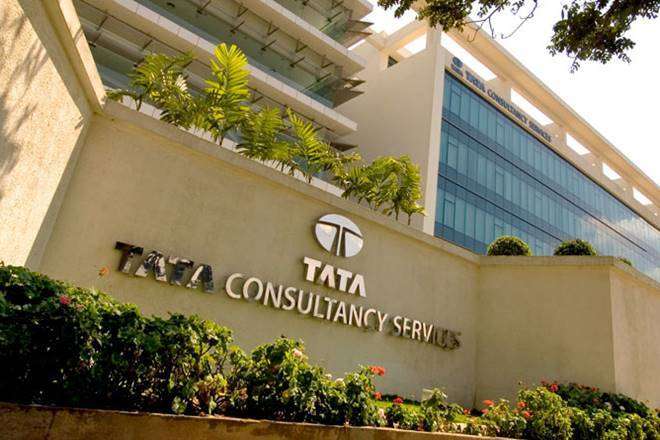India’s largest IT services firm, Tata Consultancy Services (TCS), announced a significant drop in its deal wins for the first quarter of FY25, with the total contract value (TCV) falling to $8.3 billion (£6.32 billion).
This represents an 18.6% decrease from the $10.2 billion (£7.76 billion) in the same period last year and a 37% drop from the previous quarter, as disclosed by TCS on July 11.
Previous highs and key deals
The decline follows a record-high order book of $13.2 billion (£10.04 billion) in the March quarter of FY23.
During this period, TCS secured several key deals, including a generative AI and cloud transformation project with Xerox, a GenAI partnership with Amazon Web Services, and a BFSI contract with Burgan Bank.
Regional growth and market decline
Geographically, TCS saw robust growth in the Indian market, which experienced a 61.8% year-on-year increase in constant currency (CC) terms.
The Middle East and Africa (MEA) followed with an 8.5% rise, Asia Pacific at 7.6%, and Latin America at 6.3%.
However, core markets showed a decline. North America saw a 1.1% decrease in CC terms year-on-year.
The UK market grew by 6%, but continental Europe only managed a 0.9% increase.
This divergence highlights varying regional demands and economic conditions impacting TCS’s operations.
Mixed performance across industry verticals
Among its various industry verticals, TCS faced challenges in some key sectors. The Banking, Financial Services, and Insurance (BFSI) segment, which contributes 30-40% of TCS’s revenue, declined by 0.9% year-on-year in CC terms.
Other segments also saw downturns, with the consumer business falling by 0.3%, technology services by 3.9%, and communication and media by 7.4%.
Conversely, regional markets showed strong performance, growing by 37.7% year-on-year.
The manufacturing sector rose by 9.4%, life sciences and healthcare grew by 4%, and energy, resources, and utilities increased by 5.7%.
Financial results indicate growth despite deal drop
Despite the decline in deal wins, TCS reported a 9% year-on-year increase in net profit, reaching Rs 12,040 crore (£1.18 billion) for the quarter.
Revenue from operations also saw a rise, growing by 5.4% to Rs 62,613 crore (£6.13 billion).
The company’s ability to maintain profit growth amidst a decline in deal wins suggests effective cost management and operational efficiencies.
However, the sharp drop in new deals could impact future revenue streams if not addressed.
Investment in innovation and new capabilities
TCS continues to invest in innovation and expand its capabilities in emerging technologies. The company announced the establishment of a new AI-focused TCS PacePort in France, an IoT lab in the US, and the expansion of delivery centers in Latin America, Canada, and Europe.
These investments aim to enhance TCS’s service offerings and drive growth in new technological areas. The focus on innovation and new capabilities is part of TCS’s strategy to stay competitive and meet the evolving needs of its clients.
Market outlook and future prospects
Looking ahead, TCS will need to navigate the challenges posed by declining deal wins in core markets.
The company’s strong presence in emerging markets and continued investment in new technologies may provide some buffer against these challenges.
TCS’s performance in the upcoming quarters will be closely watched by investors and industry analysts, particularly regarding its ability to secure new deals and maintain growth in key sectors.
The post India’s TCS reports sharp decline in Q1 deal wins, order book at $8.3 billion appeared first on Invezz



